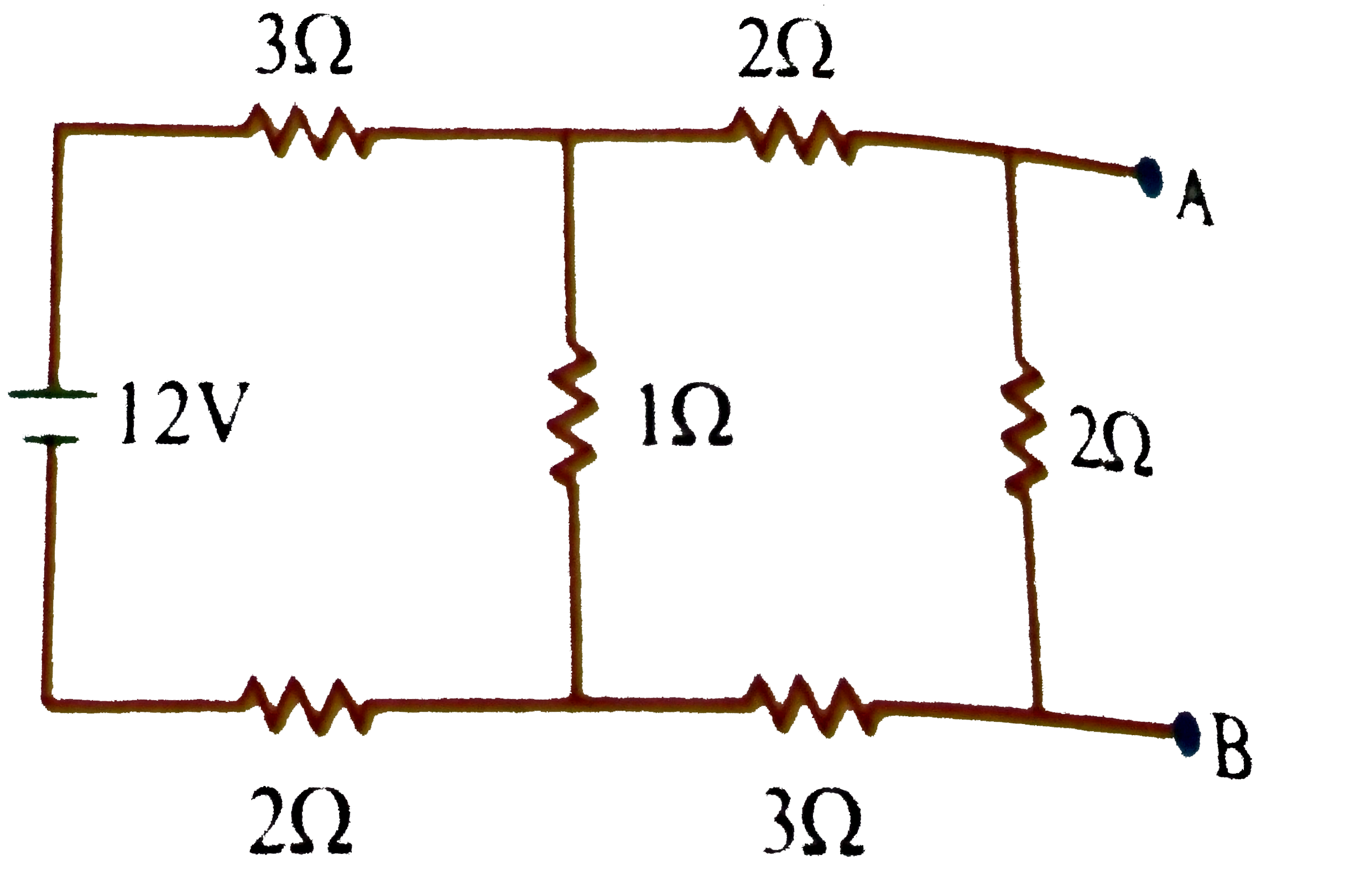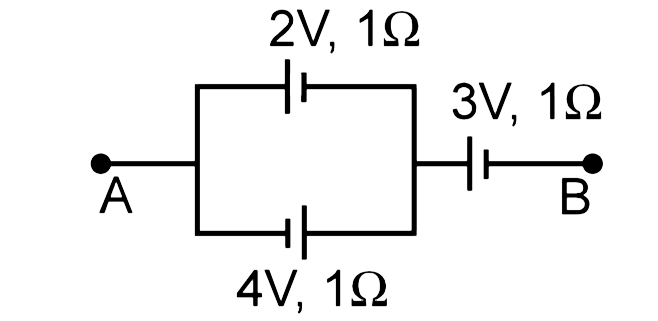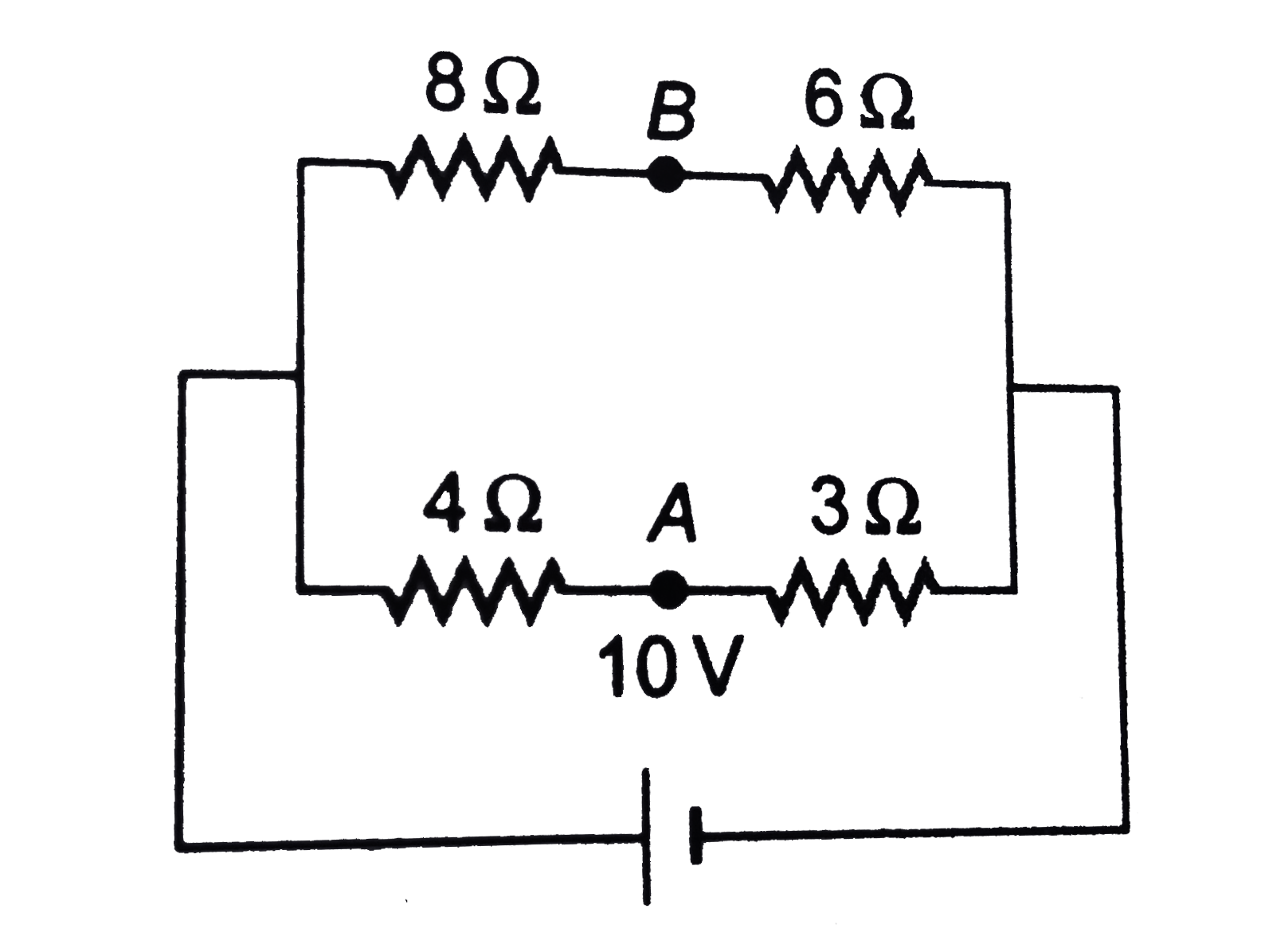The potential energy at a point, relative to the reference point is always defined as the negative of work done by the force as the object moves from the reference point to the point considered. The value of potential energy at the reference point itself can be set equal to zero because we are always concerned only with differences of potential energy between two points and the associated change of kinetic energy. A particles A is fixed at origin of a fixed coordinate system. A particle B which is free to move experiences an force →F=(−2ar3+βr2)ˆr due to particle A where ˆr is the position vector of particle B relative to A. It is given that the force is conservative in nature and _potential energy at infinity is zero. If B has to be removed from the influence of A, energy has to be supplied for such a process. The ionization energy E 0 is work that has to be done by an external agent to move the particle from a distance r0 to infinity slowly. Here r0 is the equilibrium position of the particle
If particle B is transferred slowly from point P1(√2r0,√2r0) to point P2(r0√2,r0√2) in the xy-plane by an external agent, calculate work required to be done by it in the process:
9β264alpga
β216α
β264α
None of these
The correct Answer is:B
Step by step video, text & image solution for The potential energy at a point, relative to the reference point is always defined as the negative of work done by the force as the object moves from the reference point to the point considered. The value of potential energy at the reference point itself can be set equal to zero because we are always concerned only with differences of potential energy between two points and the associated change of kinetic energy. A particles A is fixed at origin of a fixed coordinate system. A particle B which is free to move experiences an force vec(F) = (-(2a)/(r^(3)) + (beta)/(r^(2))) hat(r) due to particle A where hat(r) is the position vector of particle B relative to A. It is given that the force is conservative in nature and _potential energy at infinity is zero. If B has to be removed from the influence of A, energy has to be supplied for such a process. The ionization energy E 0 is work that has to be done by an external agent to move the particle from a distance r_(0) to infinity slowly. Here r_(0) is the equilibrium position of the particle If particle B is transferred slowly from point P_(1) (sqrt2 r_(0), sqrt2 r_(0)) to point P_(2) ((r_(0))/(sqrt2), (r_(0))/(sqrt2)) in the xy-plane by an external agent, calculate work required to be done by it in the process: by Physics experts to help you in doubts & scoring excellent marks in Class 11 exams.
Updated on:21/07/2023Topper's Solved these Questions
Similar Questions
Knowledge Check
The potential energy at a point, relative to the reference point is always defined as the negative of work done by the force as the object moves from the reference point to the point considered. The value of potential energy at the reference point itself can be set equal to zero because we are always concerned only with differences of potential energy between two points and the associated change of kinetic energy. A particles A is fixed at origin of a fixed coordinate system. A particle B which is free to move experiences an force →F=(−2ar3+βr2)ˆr due to particle A where ˆr is the position vector of particle B relative to A. It is given that the force is conservative in nature and _potential energy at infinity is zero. If B has to be removed from the influence of A, energy has to be supplied for such a process. The ionization energy E 0 is work that has to be done by an external agent to move the particle from a distance r0 to infinity slowly. Here r0 is the equilibrium position of the particle
Find the ionization energy E0 of the particle BAβ22αB2β2αCβ24αDβ2αThe potential energy at a point, relative to the reference point is always defined as the negative of work done by the force as the object moves from the reference point to the point considered. The value of potential energy at the reference point itself can be set equal to zero because we are always concerned only with differences of potential energy between two points and the associated change of kinetic energy. A particles A is fixed at origin of a fixed coordinate system. A particle B which is free to move experiences an force →F=(−2ar3+βr2)ˆr due to particle A where ˆr is the position vector of particle B relative to A. It is given that the force is conservative in nature and _potential energy at infinity is zero. If B has to be removed from the influence of A, energy has to be supplied for such a process. The ionization energy E 0 is work that has to be done by an external agent to move the particle from a distance r0 to infinity slowly. Here r0 is the equilibrium position of the particle
What is potential energy function of particle as function of r.Aαr2−βrB−αr2+βrC−αr2−βrDαr2+βr
The potential difference between points A and B isA1.50VB2.50VC1.00VD0.50V
The potential difference between points A and B is:

View SolutionThe potential energy of water is referred to as
View SolutionPotential difference between two points is equal to
View SolutionThe potential difference between two points also called
View SolutionThe potential difference between points A and B is -

View Solution

